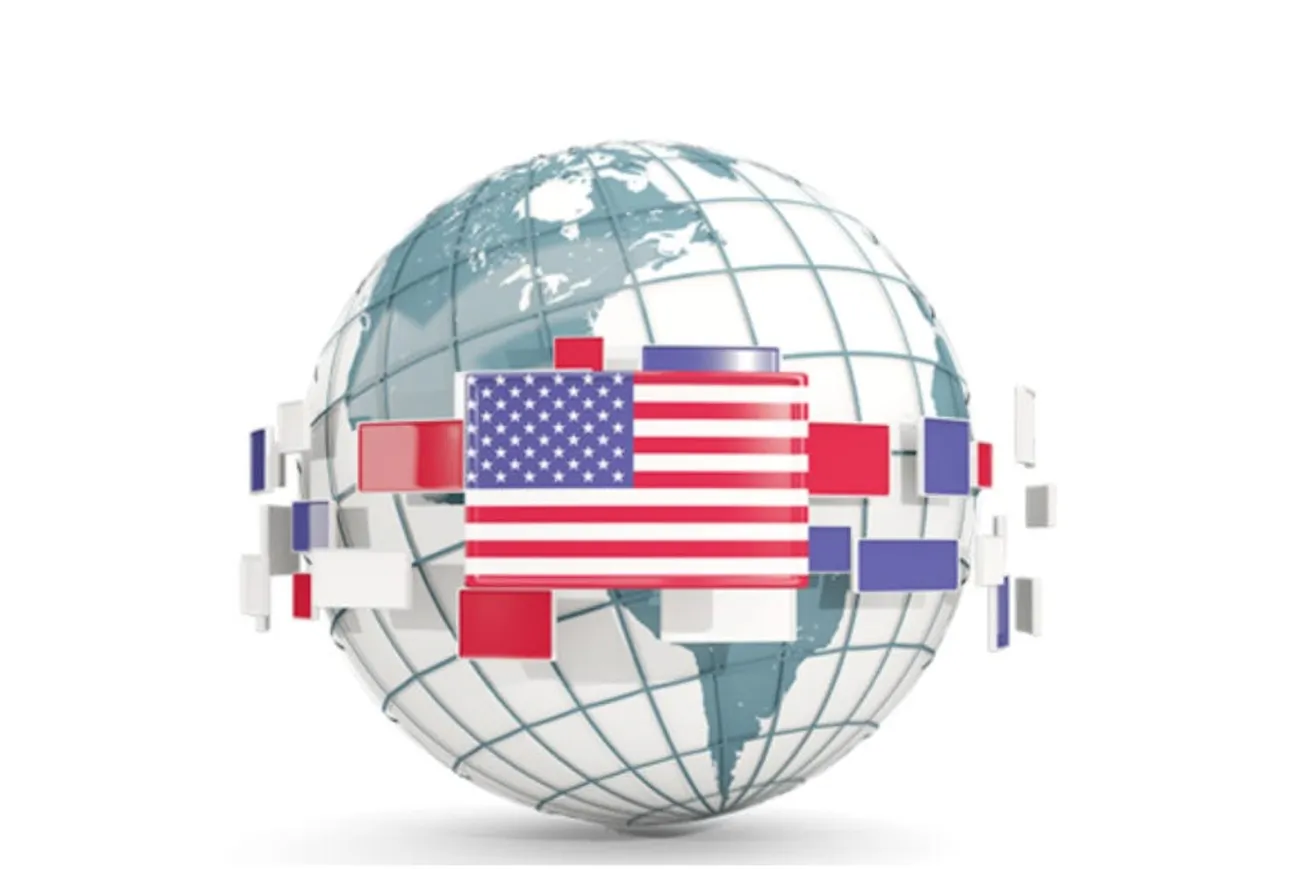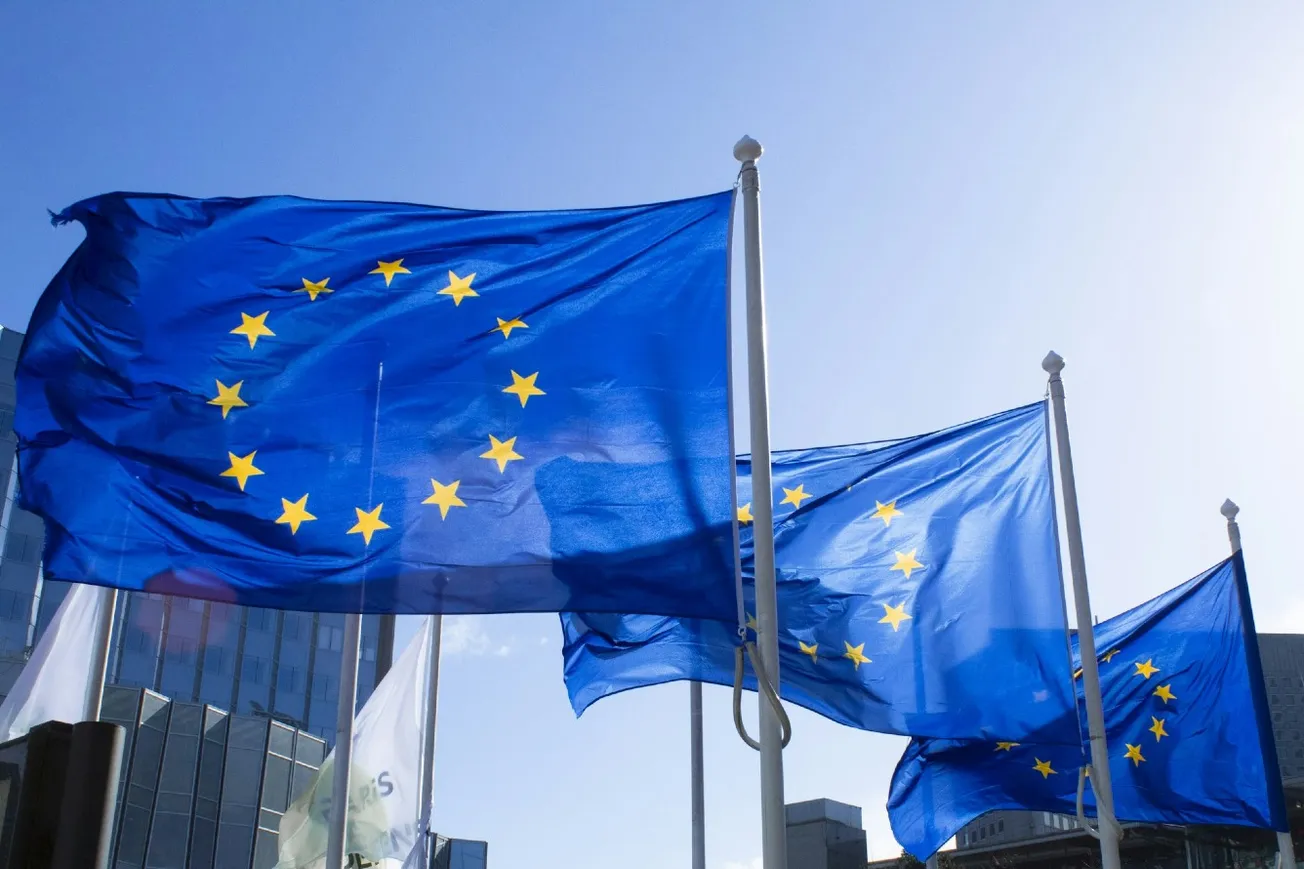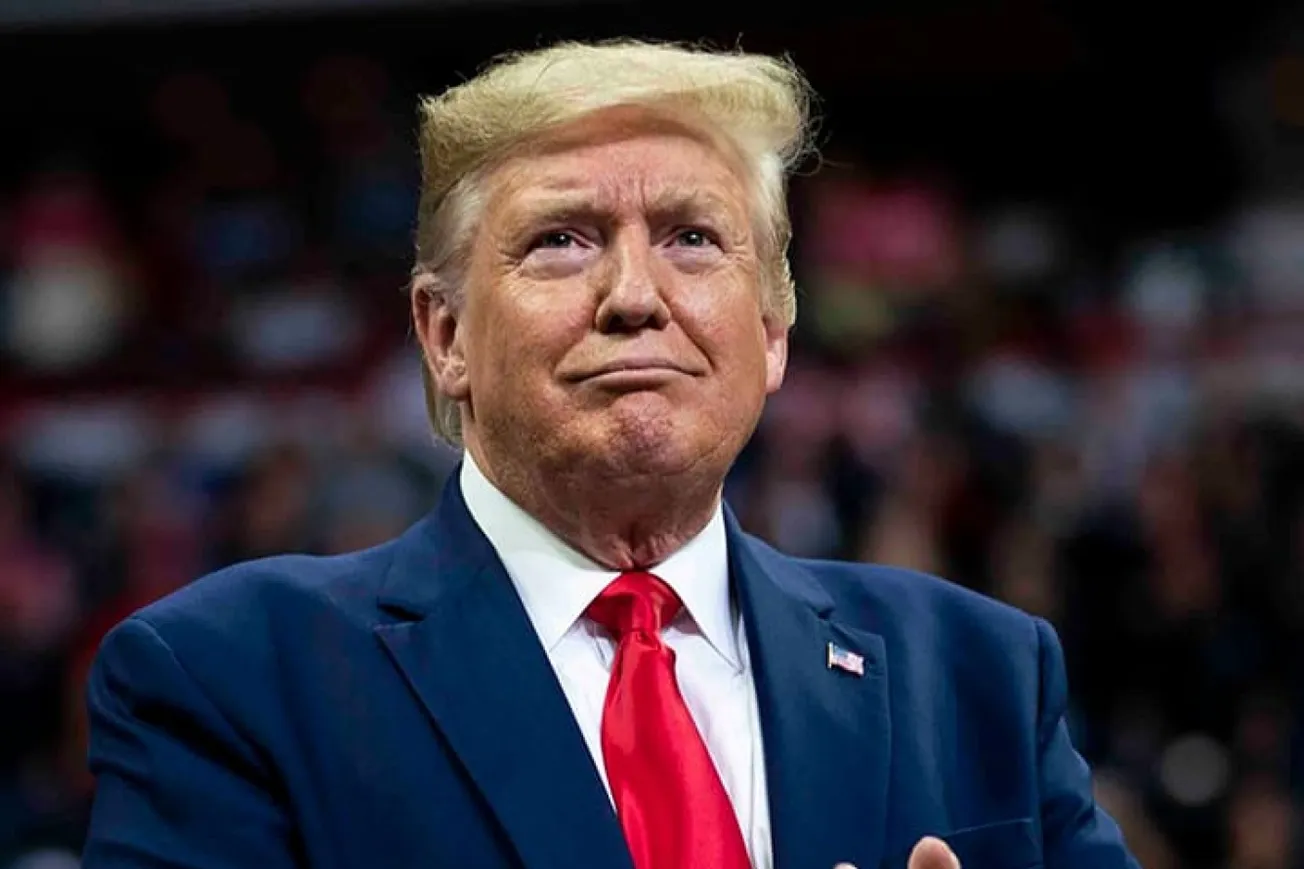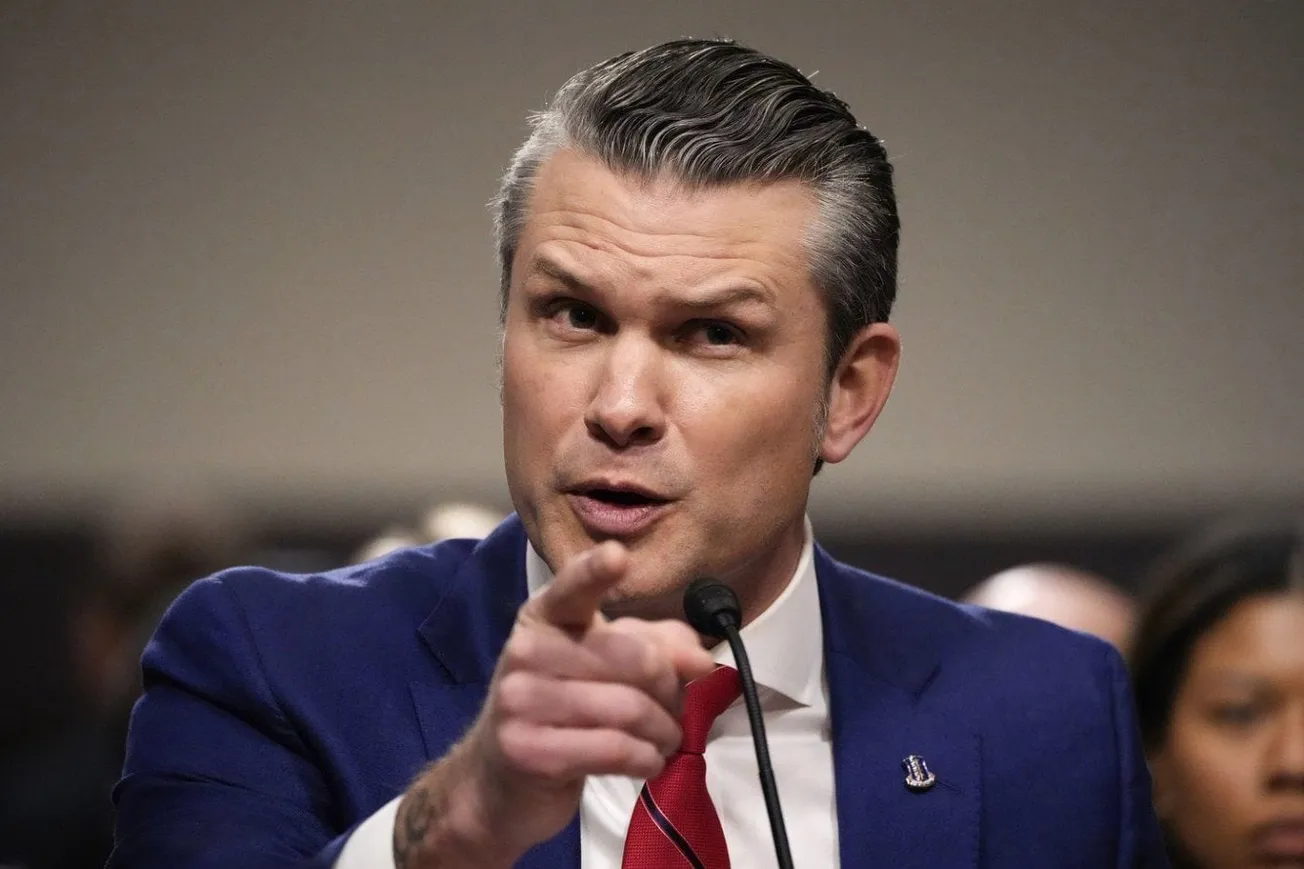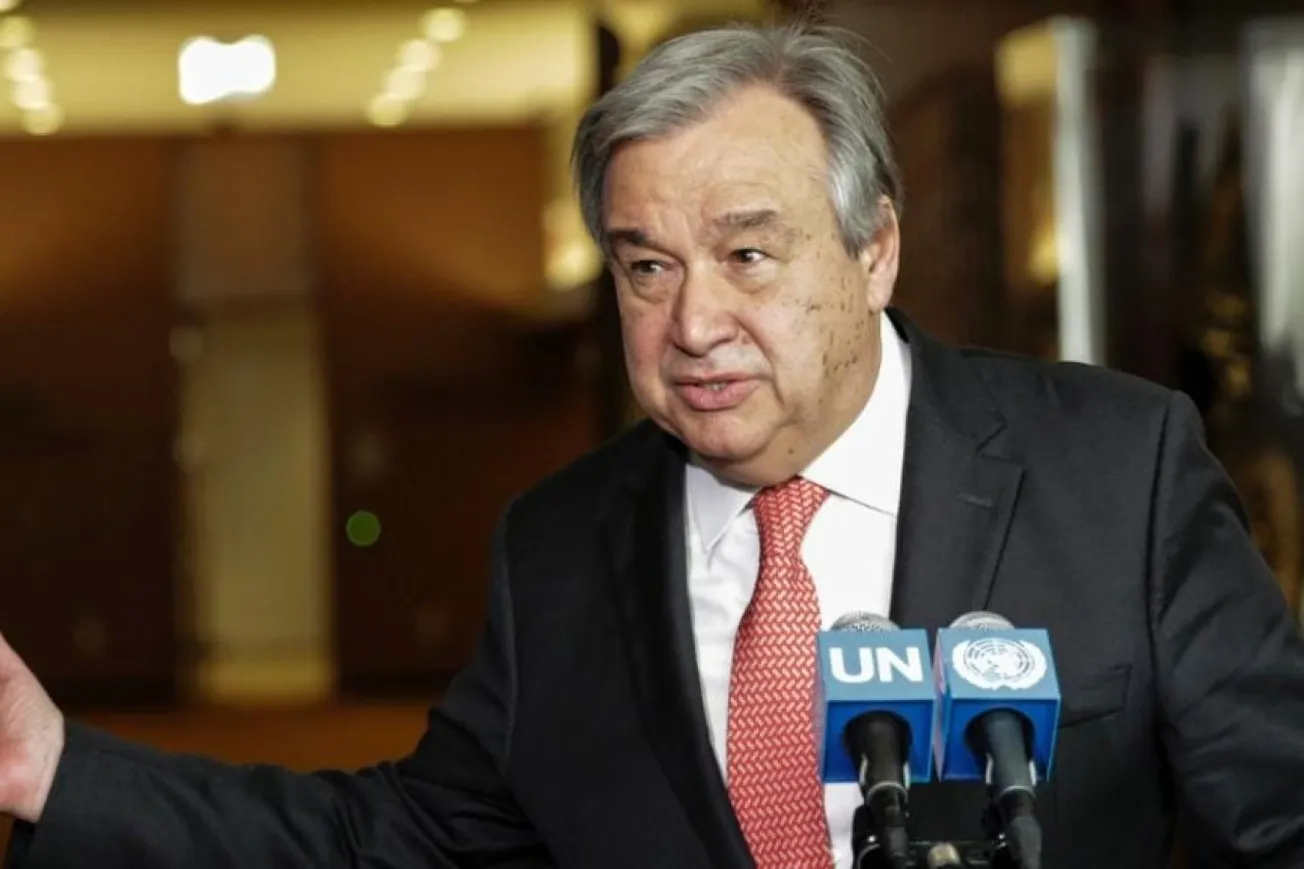Tariffs comprise a foundational pillar of a bold new economic agenda for America. The key to the success of tariffs: make them permanent and predictable.
These trade protections for American industries and workers should not be considered mere negotiation tools or leverage points, but rather as “admission tickets” to the “box seats.” The American market is the crown jewel consumer base and envy of company in every country…so let’s charge a premium for access.
This new approach also rejects the globalism of recent decades, and instead prioritizes onshoring -- and a broad Main Street prosperity that extends to every demographic and every hamlet of America. Instead of a concentration of riches among an entitled, pampered credentialed ruling class, we can usher in a golden era of broadly dispersed economic success and diffused political power.
In doing so, we honor and channel the great tariff champions of American history, from Alexander Hamilton to Abraham Lincoln.

But, in any such massive, structural policy shift, the “devil” is in the details, particularly regarding the rollout and the application of the levies on foreign products. Although the Trump Administration stands correctly in the breach demanding fairness and reciprocity in trade, the details of the implementation must improve.
Then, confidence will ascend, markets will calm, and the strategic work of unleashing America’s full domestic capacity will accelerate.
Thankfully, this task begins as Americans now regard Republicans as the party of workers. That new reality is validated by my latest national survey, which polled over 1,700 voters nationwide for the League of American Workers.
So, what is needed specifically on tariffs? The biggest shift must be toward predictability. For instance, even though the CEOs of multinational conglomerates generally disdain tariffs and compelled onshoring, if the policy shifts into tariffs are well-telegraphed and rarely altered, then those business leaders can plan and invest accordingly.
Speaking of investing, most of the market volatility of recent weeks flows from the uncertainty of the present policy transition. Now, a certain amount of uncertainty is unavoidable. After decades of offshoring and US capitulation on trade, capital markets came to know and price-in that reality…for a very long time!
Currently, the seismic move toward populist nationalist economics throws markets into some trepidation, which is normal. But that unease can be mitigated greatly by an assurance of steady, consistent policy.
To be specific, market actors can easily “welcome” even a policy mix that they deem unwelcome…as long as the shift is predictable. Capital markets thrive on certainty.
In this regard, recent reporting suggests that the Trump Administration considers a broad, 20% across the board tariff on foreign goods. This proposal would bring incredible calm and certainty to this macro issue, and remove so much of the volatility of the tariff rollout. If such a sweeping levy is enacted, it would facilitate a flood of onshoring plus a predictable economic calculus for every firm that sells to American consumers.
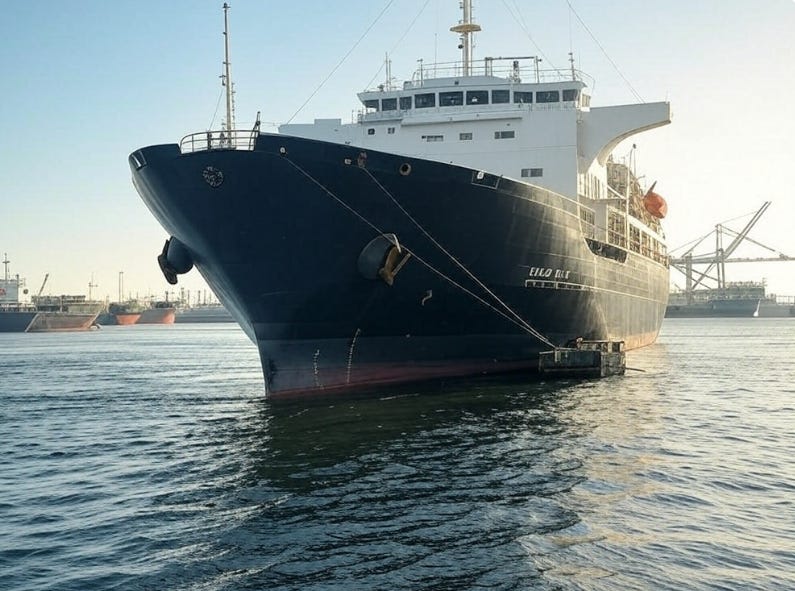
Moreover, the 20% level represents a smart landing point that is punitive enough to deter predatory trade practices against America, but also reasonable enough to still allow goods that must be sourced overseas to enter our market. In addition, it roughly matches the effective 25% tariff that the entire European Union now provides to its exporters into the United States, via tax exemptions on shipments here. This issue was explained well in a recent Financial Times editorial by a top hedge fund economist.
On top of improvements in the implementation of tariffs, our populist side needs to do better on the messaging regarding the long-term benefits of better trade practices and the concomitant onshoring that results. Already, huge investments have been announced in the United States, with domestic firms like Apple planning massive production efforts domestically and foreign firms like Hyundai committing to giant facilities in the American heartland. The corporate media gives only cursory attention to these critical wins, so we must amplify them – and we now have the alternative media channels to do so, especially in the streaming/podcasting world.
We must also sell the vision that this approach reaches for more than just better economics. Indeed, what we offer and pursue is a better way of life, one worthy of a great nation!
We want a country teeming with production here, from tangible goods to the most advanced AI. We look for a society where a single income can once again support a family comfortably. We yearn for a land where economic inequality diminishes, and shared success stirs renewed patriotism.
As President Trump observed in his first Inaugural Address: “these are the just demands of a righteous people.”
Steve Cortes is president of the League of American Workers, a populist right pro-laborer advocacy group, and senior political advisor to Catholic Vote.
He is a former senior advisor to President Trump and JD Vance, plus a former commentator for Fox News and CNN.
TIPP Takes
Geopolitics, Geoeconomics, And More
1. How The U.S. Trade Deficit Differs By Country - TIPP Insights
As President Trump attempts to equalize tariff rates between the U.S. and major trading partners, the scale of deficit the U.S. encounters differs wildly from nation to nation.
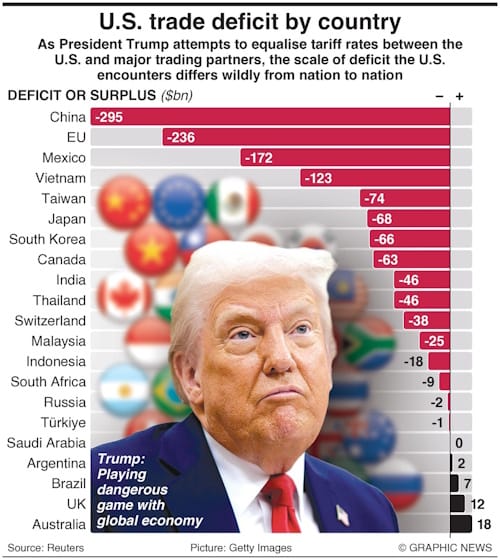
2. Putin Begins Biggest Russian Military Call-Up In Years - BBC
President Vladimir Putin has called up 160,000 men aged 18-30, Russia's highest number of conscripts since 2011, as the country moves to expand the size of its military.
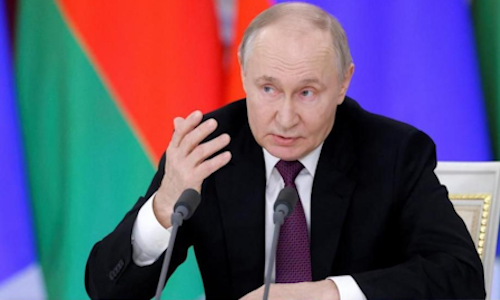
The spring call-up for a year's military service came several months after Putin said Russia should increase the overall size of its military to almost 2.39 million and its number of active servicemen to 1.5 million. That is a rise of 180,000 over the coming three years.
3. Ukraine's Partners To Discuss Foreign Troop Deployment, Zelenskyy Says - RFE/RL
Ukrainian President Volodymyr Zelenskyy said in his nightly video address that Western military leaders will discuss the possible deployment of troops to Ukraine to monitor a potential cease-fire in the conflict with Russia and be part of the country’s new security structure.
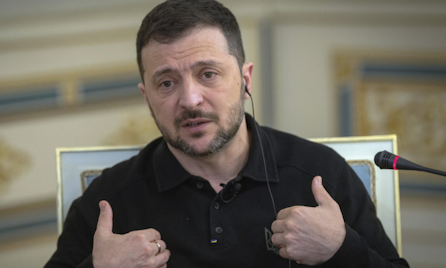
“This is our starting point: the Ukrainian army must be strong enough, and on this foundation, the entire security architecture is built,” Zelenskyy said. “A meeting will take place in just a few days – on Friday (April 4) – with representatives of our partner states – these will be military representatives.”
4. Key Putin Investment Negotiator Heads To Washington For Talks With Trump Envoy: Sources - Al Arabiya
A key Kremlin negotiator is expected in Washington this week for talks with President Donald Trump’s administration, two sources familiar with the plan said, the most senior Russian official to visit since Moscow invaded Ukraine in 2022.

One source, speaking on condition of anonymity, said Kirill Dmitriev, the chief of Russia’s sovereign wealth fund, who was appointed by President Vladimir Putin as special investment and international economic envoy, will meet with U.S. special envoy Steve Witkoff.
5. Election Rumours Swirl In Ukraine – Could Zelensky Be Mulling A Summer Poll? - BBC
In the streets and offices of the Ukraine’s capital, Kyiv, the prospect of the country going to the polls is once again being discussed.
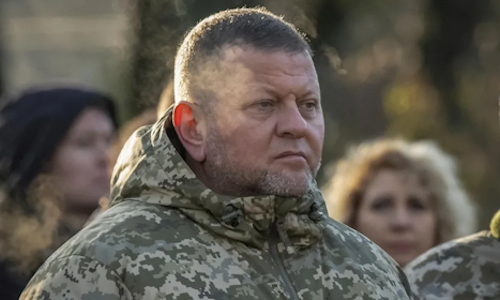
A presidential election due in 2024 was suspended in line with martial law, which was introduced in Ukraine following Russia's full-scale invasion two years earlier. Now there has been a fresh flurry of speculation that President Volodymyr Zelensky might just be thinking again as ceasefire talks proceed, and some sources suggest there are reasons to think elections could go ahead later this year.
The president's potential closest rival, Valerii Zaluzhnyi, former commander in chief of Ukraine's army, has felt the need to deny rumours about his intentions.
"My answer to this has not changed," he told the RBC-Ukraine news agency. "While the war continues, we all need to work to save the country, not think about elections. I don't comment on any rumours."
6. China Drills In Taiwan Strait Risk To Region's Security: U.S. - D.W.
China is putting regional security at risk by holding military exercises in the Taiwan Strait, the United States warned, as China announced new drills in the politically sensitive waters.
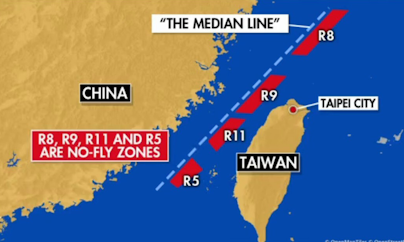
China's "aggressive" military activities and rhetoric towards Taiwan "only serve to exacerbate tensions and put the region's security and the world's prosperity at risk," the U.S. State Department said in a statement.
7. China Halts Panama Ports Sale To U.S. Backed Consortium - TIPP Insights
The planned sale of CK Hutchison's Panama ports to a U.S.-led group has encountered delays, highlighting growing concerns about Beijing’s influence over Hong Kong.
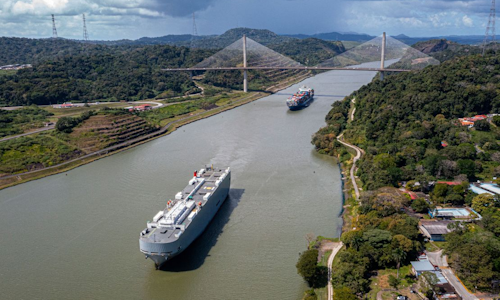
Originally set for April 2, the sale of the Panama Canal-adjacent ports, part of a larger $19 billion transaction, has faced criticism in pro-Beijing media, with claims it threatens national security. The Chinese government is also reviewing the deal on competition grounds.
8. China Limits Companies From U.S. Investments, Bloomberg News Reports - Reuters
Bloomberg News reported that China has taken measures to limit its companies' investments in the United States in an effort to gain more leverage in potential trade talks with President Donald Trump's administration.
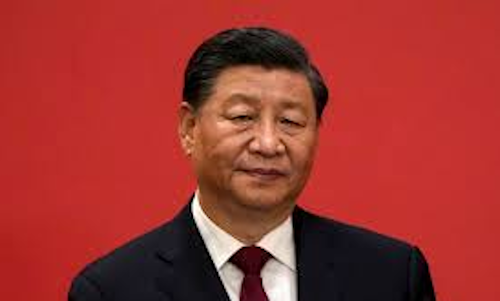
9. Mapped: Global Ports China Could Lose To U.S. After Panama Deal - Newsweek
Hong Kong-based CK Hutchison's planned sale of dozens of international ports to a U.S.-linked consortium has drawn fury from Beijing over the possible loss of critical infrastructure, including those at either end of the Panama Canal. The deal could now be in jeopardy.
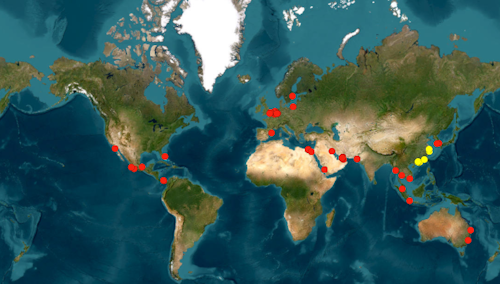
The ports in question are among 43 facilities across 23 countries in CK Hutchison's global ports business, according to the original sale announcement. The firm has operated terminals adjacent to the Panama Canal since 1998 and secured a 25-year concession renewal in 2021. Some analysts say China views the sale as a loss of strategic influence and a potentially serious blow to its geo-economic Belt and Road Initiative.
10. China Deploys Army Veterans For Military, Political Training In Tibetan Schools - RFA
China is placing army veterans as so-called “on-campus instructors” in schools across Tibet to impart military and political training to Tibetan children as young as 6, sources inside Tibet say, confirming state-run media reports about the new system.
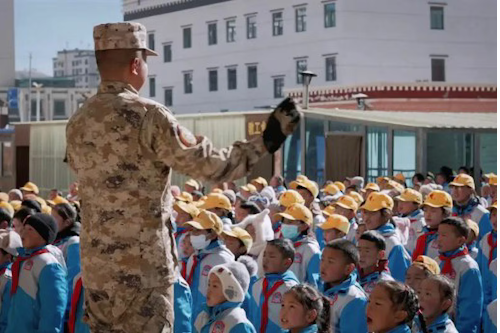
The move is a bid to instill loyalty to the Chinese government from a young age -– an initiative that experts say highlight an escalation in Beijing’s assimilation policies aimed at erasing Tibetan identity.
11. How Hungary Will Defy An ICC Arrest Warrant When Netanyahu Visits - RFE/RL
As a signatory to the Hague court, Hungary has an obligation to arrest Israeli Prime Minister Benjamin Netanyahu, but its complicated domestic legal situation has given the government enough wiggle room to welcome him.
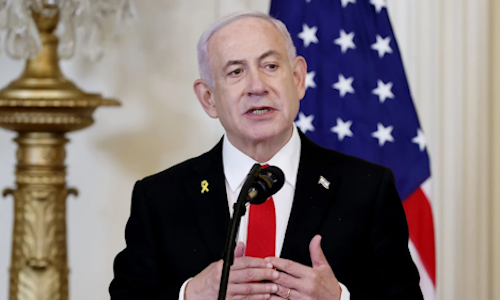
Hungarian Prime Minister Viktor Orban publicly extended an invitation to Netanyahu in November shortly after the ICC issued the warrant. Hungary ratified the Rome Statute in 2001 under the first Orban government. But it has never carried out the second step, which basically amounts to incorporating the statute into the country's own national legal code.
12. U.S. Military Orders Second Aircraft Carrier Group To Middle East - RFE/RL
Pentagon spokesman Sean Parnell said in a statement that the aircraft carrier Carl Vinson will join the aircraft carrier Harry S. Truman in the Middle East "to continue promoting regional stability, deter aggression, and protect the free flow of commerce in the region."

The announcement comes as U.S. forces hit Houthi fighters in Yemen with near-daily air strikes in a campaign aimed at ending the threat they pose to civilian shipping and military vessels in the region.
13. European Visitors Now Need An Entry Permit To Visit The UK - France 24
Travellers from Europe need a digital Electronic Travel Authorisation (ETA) permit, which UK officials said they were rolling out to boost security and streamline entry processes.
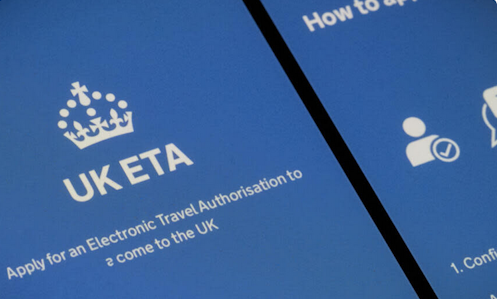
European visitors to Britain will have to purchase an electronic entry permit in advance for trips from Wednesday. The permit can be purchased online for £10 (12 euros) until April 9, when the price will rise to £16. The ETA has already been introduced for American, Canadian and other visa-exempt nationals visiting the UK, which left the European Union in 2020.
14. North Korea’s Strategic Drones ‘Not As Advanced As U.S. Aircraft’: Thinktank - RFA
North Korea first revealed the Saetbyol-4 during a military parade in July 2023, drawing comparisons from analysts to a sophisticated U.S. drone, the RQ-4B Global Hawk.
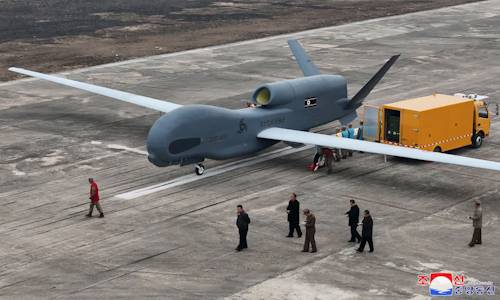
The Center for Strategic and International Studies, or CSIS, said the North Korean drones were not as advanced as the Global Hawk as they merely mimic the airframes of the U.S. aerial vehicles.
15. Bitcoin May Have Hit Bottom After Its 30% Fall from All-Time High - CoinDesk
Recent price action suggests that bitcoin (BTC) may have found its bottom just above $76,000 on March 10. This move has formed a pattern reminiscent of previous bottoming events in recent history.

After hitting a low on March 10, it recorded higher lows on both sides of that date—around $78,000 on Feb. 28 and just above $81,000 on March 31—forming a triangular bottom. A similar pattern played out during the yen carry trade unwind in August 2024, when bitcoin bottomed near $49,000 on Aug. 5. Again, higher lows were seen on either side: on July 7 and September 7.
16. Fasting Every Other Day Outperforms Calorie Cutting, Clinical Trial Indicates - HealthDay News
A new clinical trial shows that fasting every other day can prompt more weight loss than simply cutting calories.

Researchers reported in the Annals of Internal Medicine that people who undertook 4:3 intermittent fasting lost just under 8% of their body weight within a year, compared to a 5% loss among people who cut their daily calories by about a third. In 4:3 intermittent fasting, people restrict their calorie intake by 80% three days a week, alternating between days with no dietary restrictions at all.

